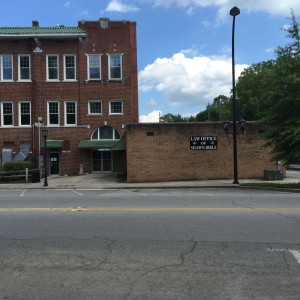Do I need to go to court for speeding and other minor traffic offenses
I often have people call and ask is it worth going to court for speeding ticket or other such minor traffic violation? Is it worth hiring an attorney to handle such case? The answer to those questions of course varies from case to case.
When you get a citation for most traffic offenses you will be given the option of paying your citation before court. However, this does not mean that there will not be legal repercussions nor does it mean that paying the ticket will not have an effect on the drivers license. In some cases, either because of points or because of the nature of the citation your license may be suspended by your paying the citation before court.
If you’re a commercial drive you should always consult an attorney before paying a citation. If you are a commercial driver your livelihood depends on your drivers license. I always recommend that commercial drivers consult an attorney before paying any ticket.
If you are not a commercial driver the answer can be more complicated. Let’s say for example that you get a minor speeding ticket. Should you just pay the citation and forget about it or should you consult an attorney? While I cannot give a definite answer without knowing the details of a case I can give examples of when I would strongly recommend consulting an attorney before paying a citation.
Below is a list of examples of traffic citations you should consult an attorney about.
Any citation that will result in points can lead to the possible suspension of your drivers license. This is especially true if you have had multiple citations in a short period of time.
Any speeding citation for 14 or more over the speed limit.
No proof of insurance.
Driving on a suspended license.
Reckless driving.
Leaving the scene of an accident or failure to report an accident.
Any citation received by a commercial driver.
The above list is not exhaustive but if you receive any of the above citations it is strongly recommended you consult with an attorney.
Legal disclaimer: The information contained on this page and this entire website is for informational purposes only and are not intended as legal advice. You should always consult an attorney before taking legal action. Reading this website or any website is not a substitute for a trained attorney. This website does not create an attorney-client relationship between you and Shawn Bible Law Firm. Mr. Bible serves all Northwest Georgia, including the cities of Ringgold, Fort Oglethorpe, Lafayette, Trenton, Summerville and Rossville, in the counties of Catoosa, Walker, Chattooga and Dade.


